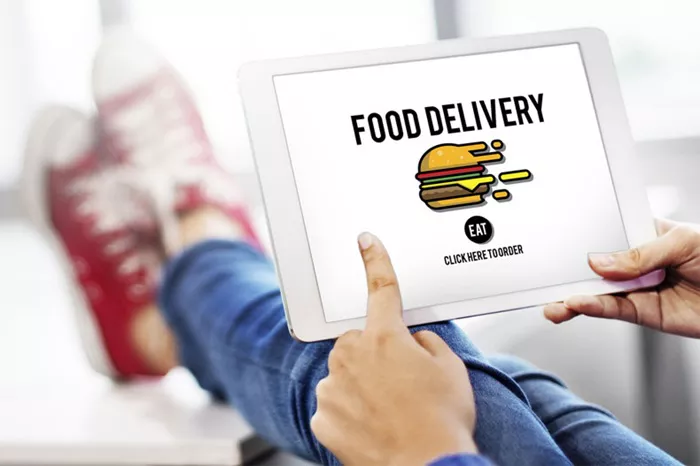Long before the advent of food delivery apps, Mumbai’s dabbawalas had already mastered the art of efficient food delivery. Today, these tiffin carriers continue to serve thousands of office workers daily with freshly cooked meals. Inspired by this system, a London-based company, DabbaDrop, has adopted and adapted the dabbawala model to create a thriving business. Founded by Anshu Ahuja and Renee Williams, DabbaDrop delivers homemade food in reusable tiffin boxes, following a sustainability model that avoids single-use cutlery and packaging.
1. The Dabbawala Inspiration
The dabbawalas of Mumbai are known for their precise and reliable service, delivering hot lunches from homes to offices with incredible accuracy. DabbaDrop takes this traditional system and brings it to London, emphasizing eco-friendly practices by using reusable metal tiffin boxes. This approach not only reduces waste but also adds a touch of authenticity and cultural homage to the service.
2. Social Media Buzz
A recent video shared by an X user highlighted DabbaDrop, noting the similarities to Mumbai’s dabbawala system. The post garnered various reactions, with many praising the company for its tribute to Indian culture. One user commented, “I think one of the founders has Indian roots – Anshu Ahuja. It’s more like a cultural export. Making Indian food more popular. Good to see they retained the word dabba to show the origin. Food looks good.”
Another user noted, “We always knew metal containers are the best non-toxic safest option! And then the West introduced us to fancy plastic containers! And our old idea is a million-dollar startup today. Wait until microwaves end and stove cooking with metal containers thrive.”
3. The Success of DabbaDrop
Launched in 2018, DabbaDrop has quickly grown in popularity and is now valued at £2.7 million. The company offers a variety of Southeast Asian cuisines, providing meals in tiffin boxes that are not only convenient but also environmentally friendly. Each meal costs £30 (approximately Rs 3,000) and is designed to serve two people, with the food remaining fresh for up to two days. By operating on a pre-order system, DabbaDrop minimizes food waste, preparing only the quantity needed based on orders received.
4. The Broader Impact
DabbaDrop’s model showcases the potential for traditional systems to inspire modern, sustainable business practices. As one user on X noted, “Dabbawalas did not scale up beyond Mumbai, in spite of years of experience. I won’t be surprised if these kinds of startups set shop in India, and spread across the country.” This reflects a growing recognition of the value in combining traditional efficiency with modern sustainability.
Moreover, the company’s success highlights the global appeal of Indian cultural practices and the potential for other traditional systems to be adapted for contemporary markets. An X user pointed out, “A few decades ago, Harvard did extensive research on Mumbai dabba fresh meals delivery and the study became a hit documentary. That it became study material so this is the outcome. They also studied kumbha mela too extensively.”
5. Conclusion
DabbaDrop is a testament to how traditional practices can inspire innovative business models that resonate with contemporary values such as sustainability and cultural appreciation. By bringing the dabbawala system to London, DabbaDrop not only honors a time-tested tradition but also provides a practical solution to modern-day food delivery challenges.
Related topics:

